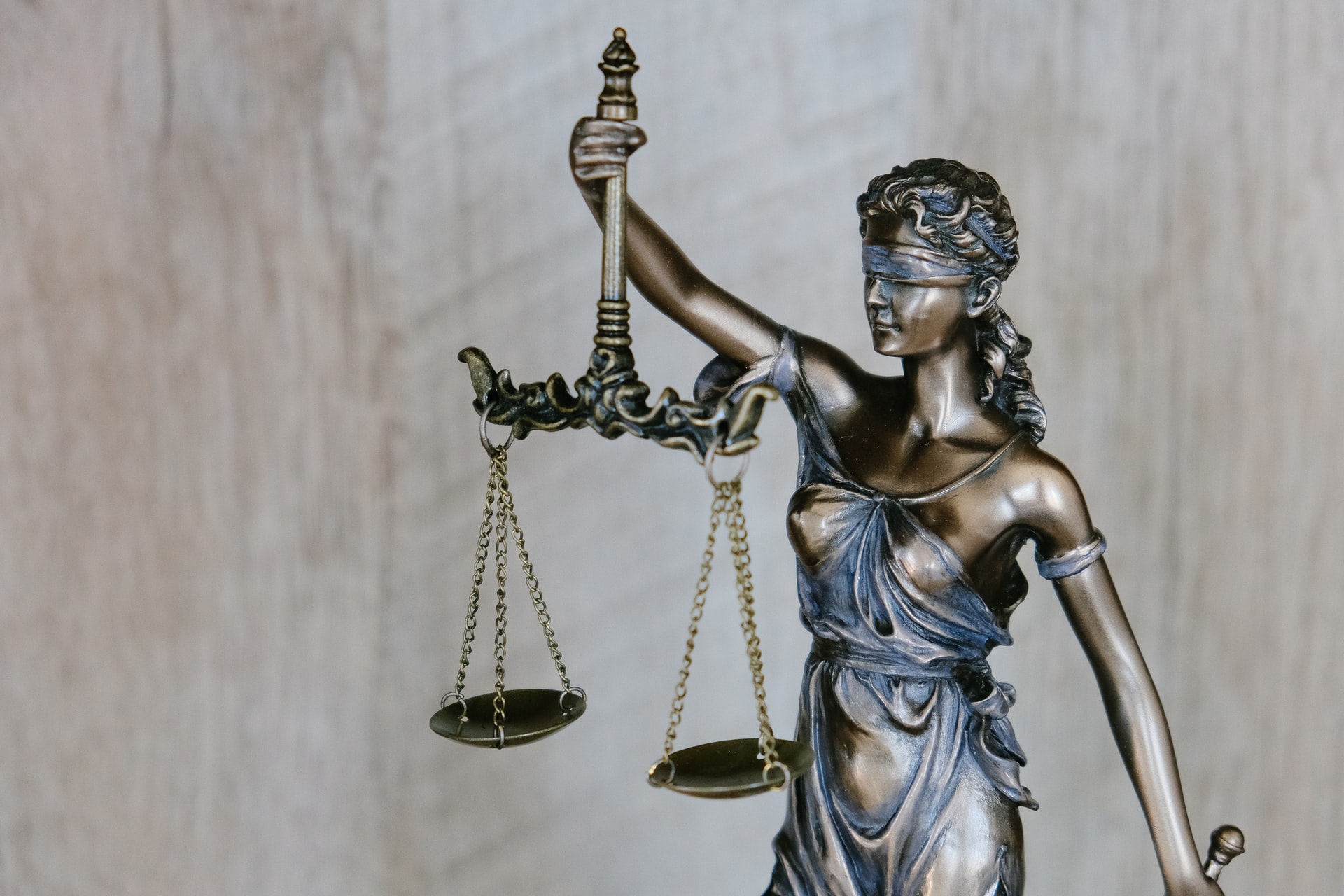There are numerous risks that business owners must be aware of if they are to effectively navigate the markets and find success among their competitors. However, while most decision-makers focus on factors such as financial, operational, security, and even human risk, many neglect the importance of mitigating legal/compliance hazards, especially when it comes to web accessibility.
With this in mind, it's no real surprise that web accessibility lawsuits have risen over the past few years. In fact, since 2013, the number of cases has risen by 320%, with a record-breaking 11,400 lawsuits registered in 2021. So, what is the cause of the exponential rise?
While it's difficult to pinpoint a single factor, it appears that plaintiff law firms are growing more confident in their ability to win lawsuits now that a major precedent has been established. Furthermore, the increase in awareness around social justice issues has firmly set the spotlight on businesses as consumers are beginning to demand more, especially concerning matters such as diversity, equity, and inclusion.
Why does web accessibility matter?
First and foremost, it's important to establish that ensuring the accessibility of all products, services, and public information is a moral and legal obligation that businesses must meet. According to the World Health Organization, one billion people live with some form of disability, accounting for around 15% of the global population. Thus, companies must proactively put measures in place to cater to the needs of these individuals.
Just as companies are expected to make physical provisions in their brick and mortar locations, such as disability ramps, toilets, braille, and handrails, business owners are required to make similar accommodations with their digital content.
In the US, the vast majority of web accessibility lawsuits cite violations of the ADA (Americans with Disabilities Act of 1990), the most comprehensive law ever passed protecting the civil rights of individuals with disabilities. The WCAG 2.1 publishes guidelines detailing the provisions that companies must make. These guidelines are also used to assess the accessibility of digital content across four main elements; perceivability, operability, understandability, and robustness.
What companies are at risk?
If your company operates in the USA, the ADA will apply to your organisation if you offer any form of product or service available to the public. This includes private eCommerce businesses, privately operated entities offering educational courses and examinations, and even non-profit or governmental agencies that function as a "public place of accommodation."
In other words, if your company uses any digital channel to connect with consumers or other stakeholders, you will almost certainly be exposed to potential ADA violations. Furthermore, 86% of websites have basic web accessibility violations due to low contrast text, which is one of the most avoidable and easiest problems to correct. Thus, you can only imagine the ubiquity of more complex (and often "unseen") issues.
accessiBe's Litigation Support Package
Given the current state of affairs, it would be wise to assume that no business is 100% safe from being on the receiving end of a web accessibility lawsuit. After all, no matter how much work you put into remediating old content or how rigorously you enforce your digital accessibility policy, there is always a chance that something may fall through the net.
If a plaintiff law firm does come knocking at your door, one of the best ways to fight back is through accessiBe's Litigation Support Package, which is specifically designed to help organisations combat web accessibility lawsuits. For those unaware, accessiBe is the market leader in web accessibility solutions. On that note, let's take a look at some ways their Litigation Support Package supports businesses when facing lawsuits:
- Access to comprehensive documentation that can be used as evidence - As an accessiBe customer, if you face an accessibility lawsuit, the team will get straight to work assessing your website for any potential breaches of the WCAG 2.1 guidelines. The team will comb through the code of your website line by line while noting all of the issues while giving an explanation and a remediation strategy that you can use to demonstrate your commitment to your accessibility strategy to the court. In addition, all of the provided responses will be legally vetted for all case scenarios.
- Third-party audits - Along with the line-by-line assessment, accessiBe will also run two independent third-party audits. This will give you a full breakdown of the current level of accessibility of your website. Armed with this information, you can get to work remediating all the present issues, which will help protect you against any subsequent lawsuits while showing the court that you take web accessibility seriously.
- Professional support throughout legal proceedings - Facing a lawsuit can be a stressful experience. With this in mind, you need as much help as you can get. Fortunately, accessiBe's experts will be available to answer any questions you may have during the case. Over time, they will become acquainted with the complexities of your case and will be able to guide you in the right direction, increasing your chances of obtaining a favourable outcome.
Wrapping up
The stats don't lie. Web accessibility is quickly becoming one of the most significant legal risks that businesses are exposed to. As further landmark cases are settled in favour of the plaintiffs, we will likely continue to see even more lawsuits filed over the coming years. Therefore, it would be wise to put measures in place to mitigate the chances of being the target of one of these lawsuits. However, if you find yourself on the receiving end of a digital accessibility lawsuit, you will certainly want accessiBe on your side.
[ymal]









